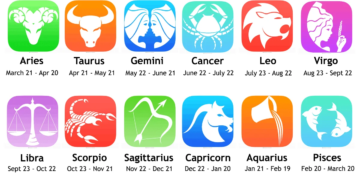PHOENIX (news agencies) — Mexican farm worker Avelino Vazquez Navarro didn’t have air conditioning in the motor home where he died last month in Washington state as temperatures surged into the triple digits.
For the last dozen years, the 61-year-old spent much of the year working near Pasco, Washington, sending money to his wife and daughters in the Pacific coast state of Nayarit, Mexico, and traveling back every Christmas.
Now, the family is raising money to bring his remains home.
“If this motor home would have had AC and it was running, then it most likely would have helped,” said Franklin County Coroner Curtis McGary, who determined Vazquez Navarro’s death was heat-related, with alcohol intoxication as a contributing cause.
Most heat-related deaths involve homeless people living outdoors. But those who die inside without sufficient cooling also are vulnerable, typically older than 60, living alone and with limited income.
Underscoring the inequities around energy and access to air conditioning as summers grow hotter, many victims are Black, Indigenous or Latino, like Vazquez Navarro.
“Air conditioning is not a luxury, it’s a necessity,” said Mark Wolfe, executive director of the National Energy Assistance Directors’ Association, which represents state energy assistance programs. “It’s a public health issue and it’s an affordability issue.”
People living in mobile homes or in aging trailers and RVs are especially likely to lack proper cooling. Nearly a quarter of the indoor heat deaths in Arizona’s Maricopa County last year were in those kinds of dwellings, which are transformed into a broiling tin can by the blazing desert sun.
“Mobile homes can really heat up because they don’t always have the best insulation and are often made of metal,” said Dana Kennedy, AARP director in Arizona, where many heat-related deaths occur.
Research shows mobile home dwellers are particularly at risk in blistering hot Phoenix, where 113-degree Fahrenheit (45 Celsius) weather is forecast for this weekend.
“People are exposed to the elements more than in other housing,” said Patricia Solís, executive director of the Knowledge Exchange for Resilience at Arizona State University, who worked on mapping hot weather impacts on mobile home parks for a state preparedness plan.
Worse, some parks bar residents from making modifications that could cool their homes, citing esthetic concerns. A new Arizona law required parks for the first time this summer to let residents install cooling methods such as window units, shade awnings and shutters.
In Arizona’s Maricopa County, home to Phoenix, 156 of 645 heat-related deaths last year occurred indoors in uncooled environments. In most cases, a unit was present but was not working, was without electricity or turned off, public health officials said.
One victim was Shirley Marie Kouplen, who died after being overcome by high temperatures inside her Phoenix mobile home amid a heat wave when the extension cord providing her electricity was unplugged.
Emergency responders recorded the 70-year-old widow’s body temperature at 107.1 F (41.7 C). Kouplen, who was diabetic and had high blood pressure, was rushed to a hospital, where she died.
Kouplen apparently was struggling financially, if the shabby condition of her mobile home was any indication. It still sits on Lot 60, surrounded by a chain-link fence with a locked gate and a dirt driveway overgrown with weeds.
It’s unclear how the cord got unplugged, if Kouplen had an electricity account or how she got her power.
“Losing your air conditioning is now a life-threatening event,” said Texas A&M University climate scientist Andrew Dessler, who grew up in hot, humid Houston in the 1970s. “You didn’t want to lose your air conditioning, but it wasn’t going to kill you. And now it is.”
Arizona’s regulated utilities have been banned since 2022 from cutting off power during the summer, following the 2018 death of a 72-year-old woman after Arizona Public Service disconnected her electricity over a $51 debt.
Ann Porter, spokesperson for Arizona Public Service, which provides electricity to homes in the park where Kouplen lived, said “due to privacy concerns” the company could not say if she had an account at the time of her death or in the past. Porter said the utility does not cut power from June 1 to Oct. 15.




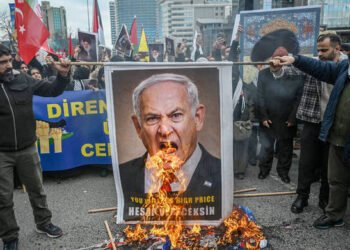

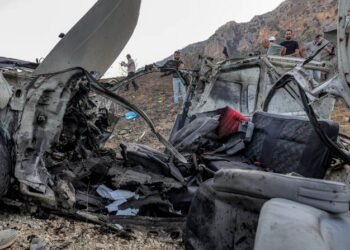
 United Arab Emirates Dirham Exchange Rate
United Arab Emirates Dirham Exchange Rate